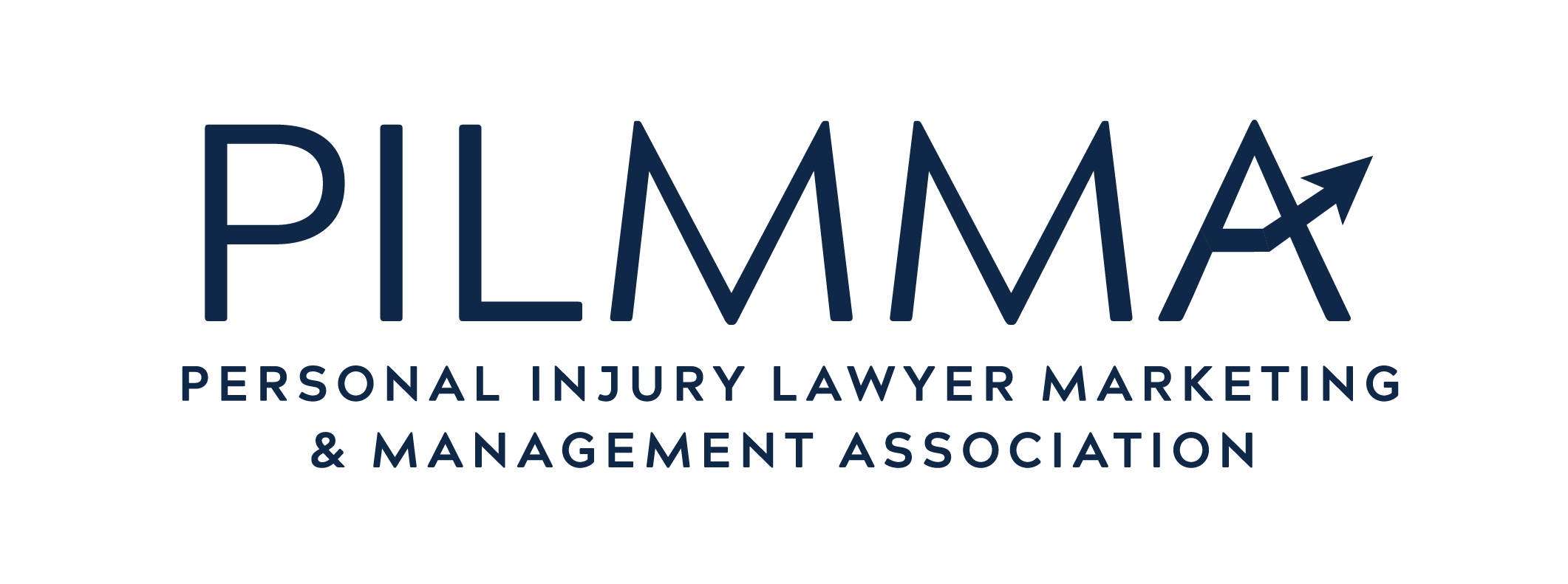Building a website with an effective SEO strategy is a complex business. Dozens of variables play into your search engine ranking. And, with Google’s constant refinements to their algorithm, these variables regularly shift in often unpredictable ways.
This is where Google’s Quality Rater Guidelines and EEAT principles come into play. Google’s Quality Rater Guidelines, specifically the Expertise, Experience, Authoritativeness, and Trustworthiness (EEAT) principle, are one of the key ways to navigate SEO’s complexity. By staying ahead of updates to the Quality Rater Guidelines, your firm is better positioned to deliver the quality that Google’s evaluator’s seek, thereby improving your search engine rankings.
This blog will explain more about Google’s Quality Rater Guidelines and EEAT principles. Moreover, we’ll explore how your law firm can bolster its SEO efforts by effectively implementing EEAT principles.
What are Google’s Quality Rater Guidelines and EEAT?
Google’s Quality Rater Guidelines (QRG) is an extensive document used by Google’s quality raters. These individuals are tasked with evaluating and providing feedback on the quality of Google’s search results. Their role helps Google understand the effectiveness of its algorithm and identify areas for enhancement.
Embedded in the QRG is an evaluation principle known as EEAT. A law firm’s adherence to these principles can significantly impact the evaluators’ website rating, which in turn influences the firm’s search engine rankings.
Why is EEAT so important for your law firm?
Google designates certain content types – including legal advice – as having a significant potential impact on individuals’ well-being and financial security. Google applies stricter standards, using EEAT, to assess the quality of such content.
Therefore, by incorporating EEAT principles into your law firm’s online content, you not only meet Google’s stringent quality expectations but also increase your chances of securing higher search engine rankings.
Behind the EEAT acronym:
Let’s take a closer look at EEAT’s acronym:
- Experience: Experience signifies that content quality can be assessed by considering the content creator’s firsthand knowledge and involvement in the topic. For law firms, this might mean whether the content creator has firsthand experience in the legal practice area discussed. So, if an author is a corporate attorney writing about the different types of business entities, your website would be more likely to score higher on an EEAT rating.
- Expertise: Expertise refers to the content creator’s depth of knowledge, skills, and qualifications in their specific field, underpinning their ability to provide accurate and valuable insights. For attorneys, simply including in your bio that you went to law school and passed the bar gives you relevant expertise. The more substantive info you can include in your bio, the better.
- Authoritativeness: Authoritativeness focuses on the credibility and reliability of a website and its content. For law firms, building authoritativeness involves publishing high-quality legal content, obtaining positive reviews and testimonials, and establishing a reputable presence within the legal industry.
- Trustworthiness: Trustworthiness emphasizes the reliability of the content. It involves factors such as accurate citations and references, transparent sourcing, and a commitment to providing accurate and unbiased information.
According to Google’s recent December update, trustworthiness is the most important element for businesses aiming to score high on the EEAT scale:
Improving Your EEAT Score
Here’s some tips on how to make sure your law firm EEATs:
- Citations, Citations, Citations: Citing and linking to reputable primary and secondary sources, ideally sourced from a legal search engine, helps build your trustworthiness score. Make sure to include citations in every substantive legal piece you write.
- Use Backlinking Strategies: Find opportunities to acquire backlinks from reputable sources. Backlinks alert Google that your firm is authoritative because other reputable sources trust your content. We recommend reaching out to high-authority legal blogs to write a guest post for them in exchange for a link back to your site. It’s a win-win strategy, as the blog gets high-quality content, and you get a backlink from a reputable source.
- Produce Worthwhile Content: This ties in with our previous point: producing worthwhile content can help establish you as a reputable source of information, which, in turn, can earn you high-quality backlinks.
- Include Author Information: You know how many blog articles contain a blurb with a short bio on the author? There’s a reason for that – this bio contributes info on the author’s experience and expertise that Google’s evaluators are screening for when determining your EEAT score.
- Collect Client Testimonials: Ensure that your website always includes a section for client testimonials, be that in written or video form. This helps contribute to your firm’s trustworthiness and authoritative score.
Takeaways
Improving your SEO strategy doesn’t happen overnight. It requires making small changes slowly and staying alert for simple improvements you can make, like the ones outlined above. Leveraging EEAT principles to your advantage is just one step you can take to begin improving your online presence.
Interested in learning more ways to improve your SEO presence?
👇Scan the QR and book a 30-minute call with a legal marketing expert👇



